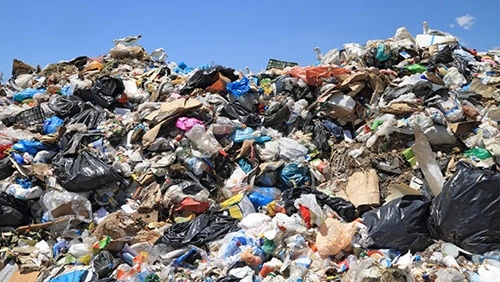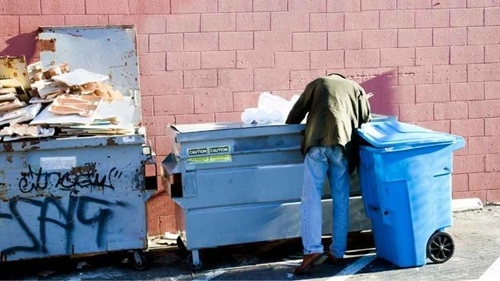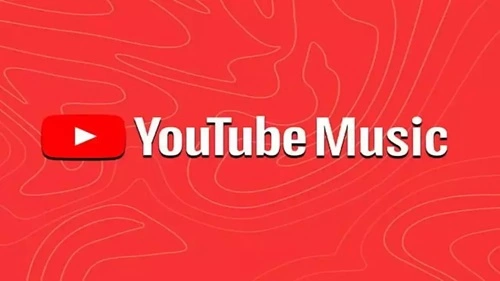Many Americans living in rural or suburban areas wonder whether it’s legal to burn household trash instead of hauling it to the landfill. The short answer: in most cases, it’s illegal — and even when it’s allowed, it’s tightly regulated. Federal, state, and local laws treat open trash burning as a major public health and environmental concern.
Let’s break down what the law says, why it exists, and what the penalties are for violating it.

Federal Law: EPA Rules Under the Clean Air Act
At the federal level, the U.S. Environmental Protection Agency (EPA) enforces the Clean Air Act (CAA), which regulates emissions that pollute the air. While there’s no single federal statute that says “you can’t burn trash,” EPA regulations effectively prohibit open burning of most garbage because it releases toxic pollutants.
Under 40 CFR § 49.131 (Open Burning Rule):
- Open burning of garbage, plastics, paper, and other household waste is generally not permitted.
- Only “clean fuel,” such as untreated wood, leaves, or paper, may be burned under limited conditions — and even then, not when air quality is poor.
- Burning any material that produces dense smoke or noxious fumes is prohibited, unless authorized by a specific permit.
In short, federal law sets the baseline: open trash fires that release pollutants are illegal. However, the EPA allows states and tribes to set stricter local rules, meaning what’s allowed in one state may be banned entirely in another.
State and Local Laws: Stricter Enforcement
Every U.S. state has its own open burning regulations, often enforced by environmental protection departments or air quality boards. Here’s how some states handle it:
- California: Open burning of household trash is banned statewide by the California Air Resources Board. Only natural vegetation may be burned with permits in designated areas.
- Texas: The Texas Commission on Environmental Quality (TCEQ) allows limited outdoor burning of paper or natural vegetation on one’s own property — but burning household garbage, plastics, or rubber is strictly prohibited.
- New York: State law bans open burning of trash, even in rural areas, citing public health risks and wildfire dangers.
- Florida: The Florida Department of Environmental Protection forbids burning household waste; violators can face fines or criminal charges.
- Illinois and Ohio: Both states restrict open burning to clean yard waste, never mixed garbage.
Many counties, towns, and cities have even tighter ordinances. For example, some local fire departments require burn permits, while others ban open burning altogether within city limits. Violating these laws can result in citations, fines, or even misdemeanor charges.
Penalties for Burning Trash
Penalties vary by jurisdiction but can include:
- Civil fines — typically between $500 and $25,000 per incident
- Criminal penalties — repeat or intentional violations can result in misdemeanor or felony charges
- Cleanup orders — requiring offenders to remove contaminated soil or waste
- Fire department fees — if firefighters must respond to an illegal burn
In some states, you can also be held liable for property damage or health effects caused by smoke exposure.
Why Burning Trash Is Prohibited
The reason is simple: burning trash is dangerous. When garbage — especially plastics, packaging, and treated materials — burns, it releases toxic chemicals like:
- Dioxins and furans
- Carbon monoxide
- Lead, mercury, and arsenic
- Fine particulate matter (PM2.5)
These pollutants can cause respiratory illness, cancer, and long-term environmental harm. That’s why the EPA and state agencies emphasize safe disposal and recycling instead of burning.
FAQs: Burning Trash or Garbage in the U.S.
Q1. Can I burn my household garbage in my backyard?
Usually not. Most states prohibit burning mixed trash because it contains synthetic materials that release toxic smoke.
Q2. Are there any exceptions?
Some rural counties may allow burning of clean paper or natural vegetation under controlled conditions. Always check local burn permit rules before lighting any fire.
Q3. What if I only burn small amounts occasionally?
Even small fires can violate air quality laws. Burning a little plastic, rubber, or treated paper can still result in fines.
Q4. Is burning trash in a barrel legal?
Burn barrels are banned in many states. The EPA discourages them because they emit high concentrations of pollutants at ground level.
Q5. How can I dispose of garbage legally?
Use municipal collection services, recycling centers, or county waste drop-off sites. Many areas also have hazardous waste collection events for items like batteries, chemicals, and electronics.
Q6. What should I do if someone nearby is burning trash illegally?
You can report it to your local fire department, county environmental agency, or the EPA’s regional office. Illegal burns can pose immediate health and fire risks.
Bottom Line
In the U.S., burning trash or garbage is almost always illegal unless specifically authorized under local law. The health, safety, and environmental risks far outweigh the convenience. If you need to dispose of waste, use legal and environmentally friendly options — not the backyard fire pit.

